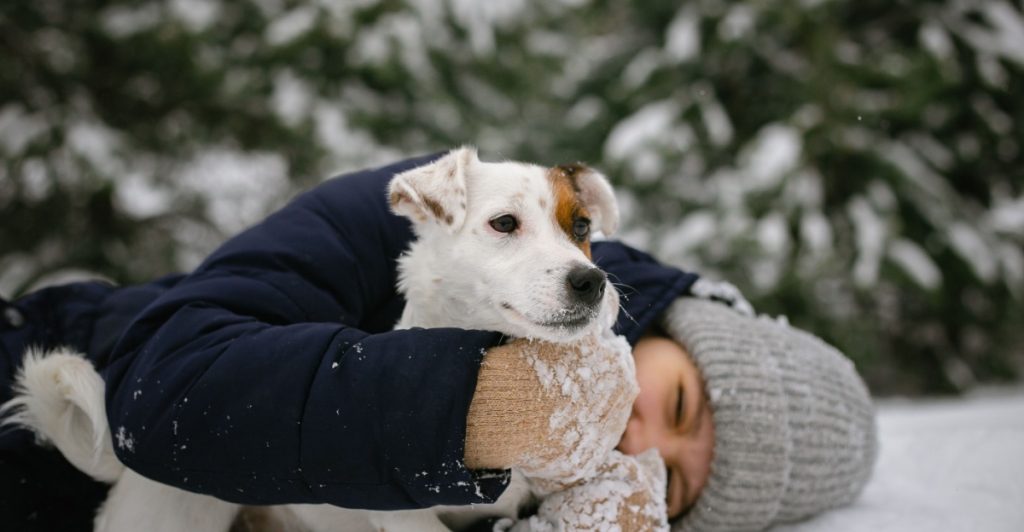Dogs are attracted to antifreeze, but just a few drops can be deadly!
Others are reading now
Even a small amount of antifreeze can be life-threatening for your dog.
Learn how to recognize the symptoms in time and protect your four-legged friend from poisoning!
Ethylene Glycol – A Hidden Danger
Also read

Ethylene glycol, found in antifreeze, coolant, and brake fluid, is extremely toxic to dogs.
Even small amounts can cause severe kidney damage and, in the worst cases, be fatal.
Quick Action Is Crucial
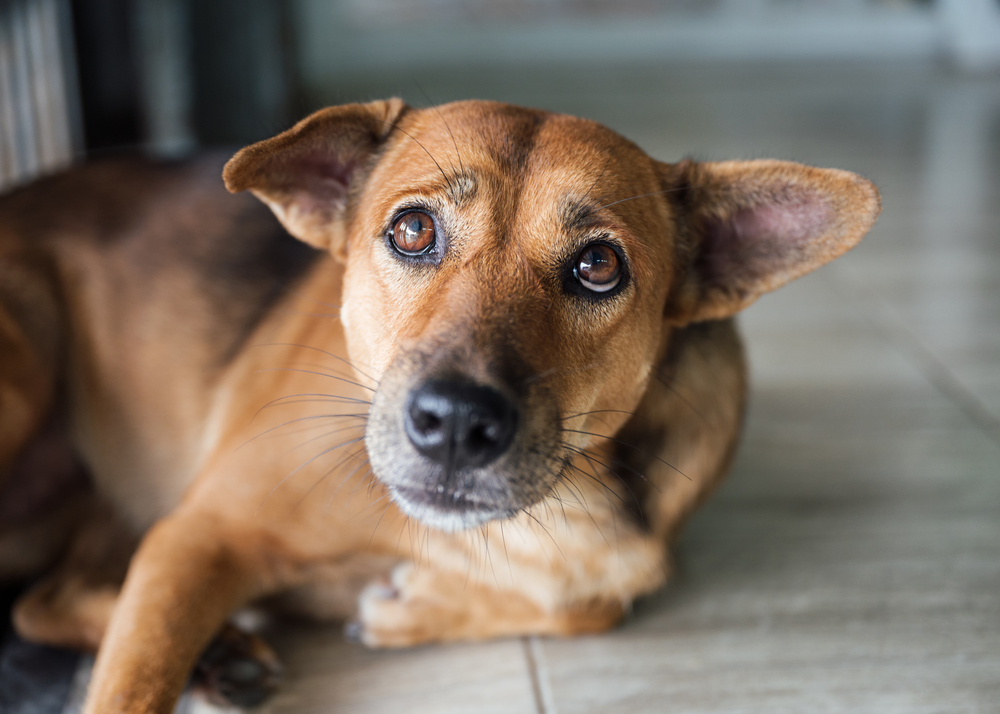
If you suspect your dog has ingested ethylene glycol, contact a veterinarian immediately.
Emergency treatment is essential, and you should not wait for symptoms to appear.
How Poisoning Occurs
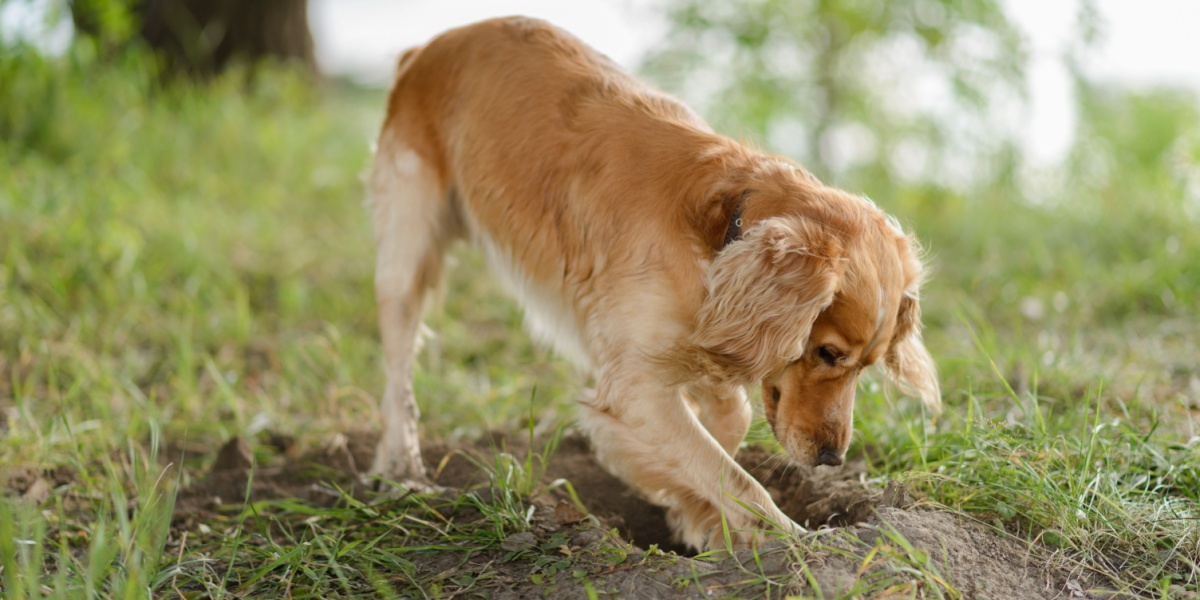
Dogs are at risk of poisoning if they:
-
Lick up spilled antifreeze from the ground or floor.
-
Gain access to an open container of ethylene glycol-based fluid.
Ethylene glycol has a sweet taste and smell, making it especially appealing to dogs, which increases the risk of accidental ingestion.
Symptoms of Poisoning

Poisoning symptoms appear quickly, and after 12-24 hours, the condition can significantly worsen.
Immediate treatment is critical.
This Usually Happens Within Approximately 30 Minutes – 12 Hours:
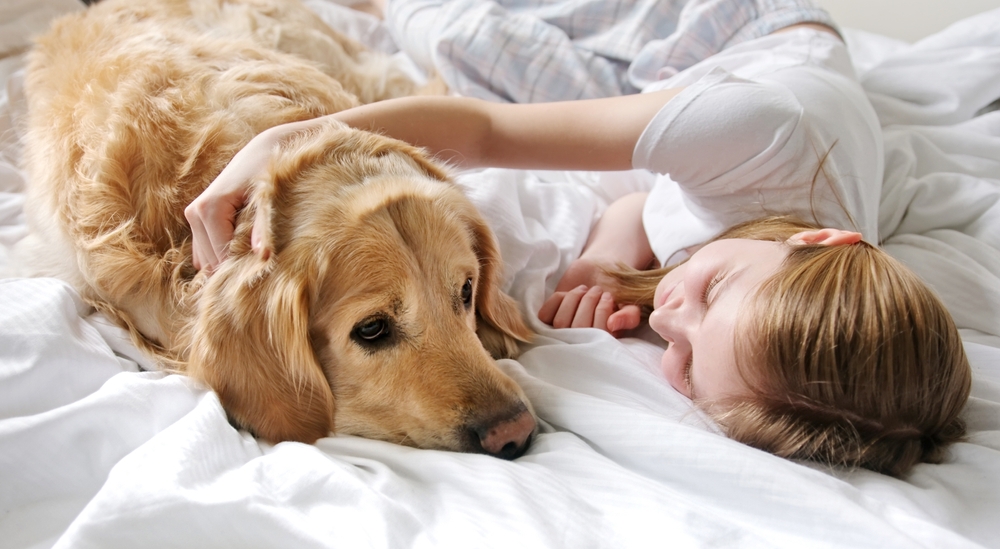
-
Nausea and vomiting
-
Increased thirst and urination
-
Staggering or disorientation
-
Seizures
After 12-24 hours, the following may occur:
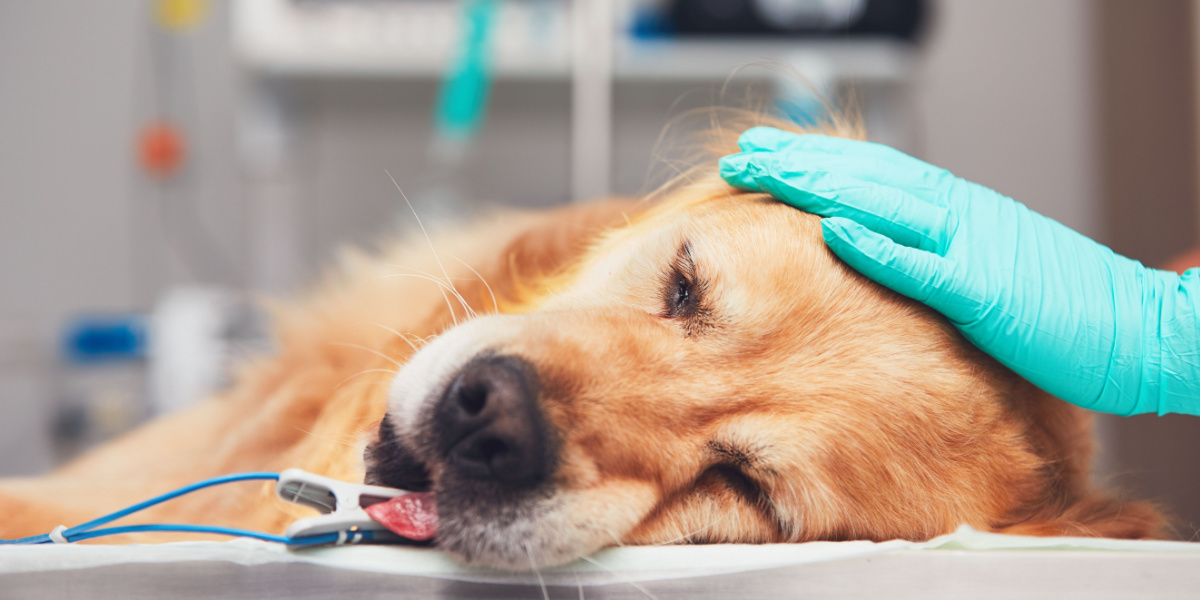
-
Loss of consciousness
-
Acute kidney failure
-
Lack of urination
At this stage, the dog’s condition is critical.
Veterinary Treatment
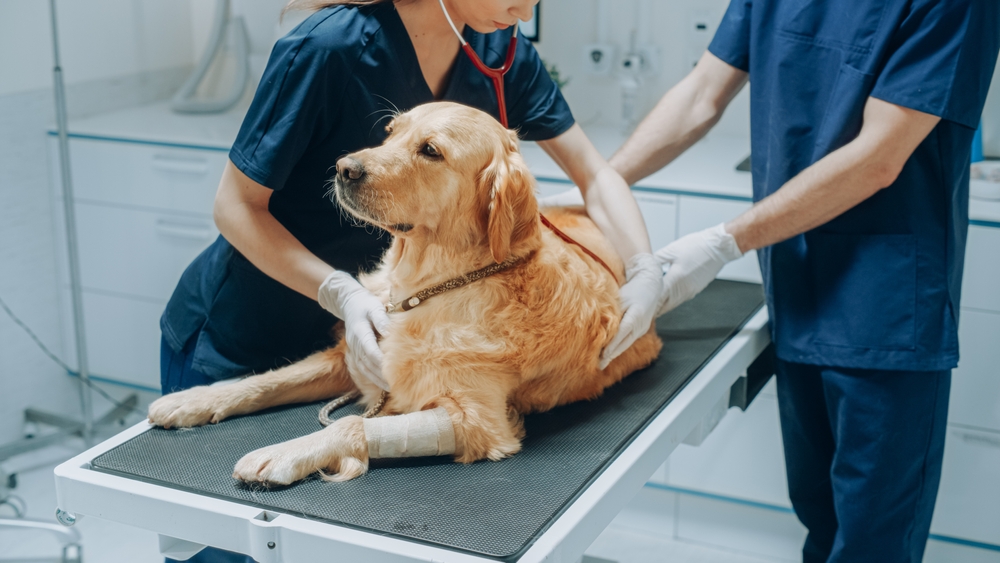
If ingestion occurred recently, the veterinarian may induce vomiting and administer an antidote such as fomepizole or ethanol.
Additionally, fluid therapy and supportive care may be necessary to protect the kidneys.
Prevention is the Best Protection

-
Keep toxic fluids out of your dog’s reach.
-
Clean up any spilled antifreeze, coolant, or brake fluid immediately.
-
Prevent your dog from roaming in areas where toxic spills may occur, such as garages, workshops, and parking lots.
Important to Remember

Ingesting just 2 ml of ethylene glycol per kg of body weight requires immediate treatment.
If the amount is unknown, veterinarians will often initiate treatment as a precaution. Acting quickly can save your dog’s life.

